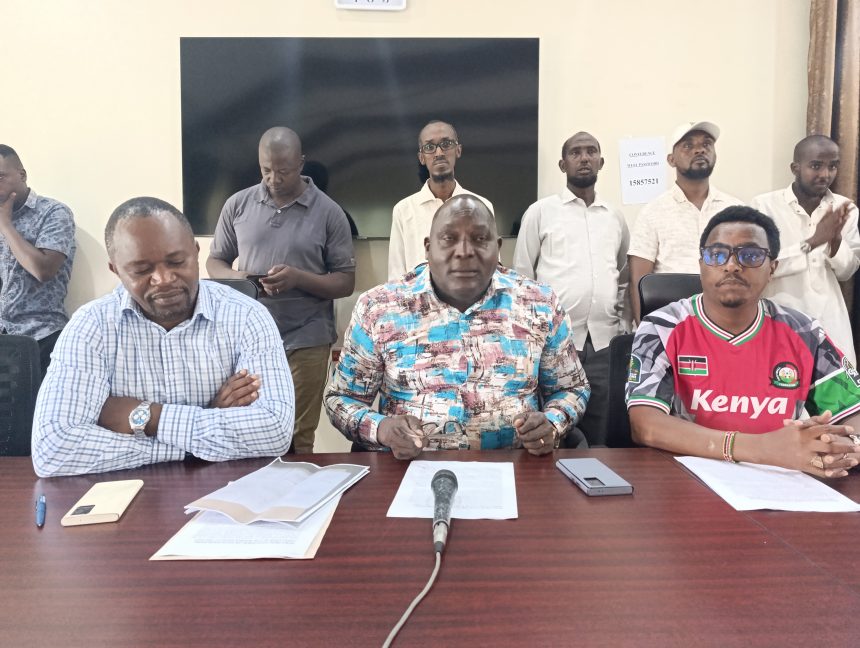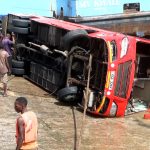The ongoing standoff between the South Sudan Revenue Authority (SSRA) and South Sudan importers over payment modes has led to a significant backlog of cargo at the Port of Mombasa and custom-bonded warehouses.
Importers from the landlocked country are challenging the SSRA’s directive to pay duties at the Port of Mombasa in United States Dollars, with many preferring to pay in South Sudan Pounds to reduce the cost of doing business.
The Kenya International Freight and Warehousing Association (KIFWA) reports that basic commodities, including pharmaceuticals, food, and other goods, are stuck in thousands of containers and vehicles.
KIFWA Chairman Roy Mwanthi explained that goods cleared since November 20th have been unable to move due to the SSRA’s directive that requires duties and taxes to be paid before the cargo is released from Mombasa.
While KIFWA does not oppose the SSRA’s directive for its taxpayers in Juba, the importers’ refusal to pay taxes as instructed has resulted in significant delays and congestion.
“There is congestion at the port and various Container Freight Stations (CFSs), as traders refuse to pay in US dollars,” said Mwanthi.
“They have vowed to halt trading until they can pay at the Nimule border in South Sudanese pounds.”
Clearing and Forwarding Agents handling South Sudan-bound cargo have reported additional challenges, including demurrage charges from delays in cargo movement.
“We have received invoices from the Kenya Revenue Authority (KRA) for storage charges and other costs due to the delay in moving the cargo,” said Mwanthi.
The issue is further complicated by the fact that, according to Mombasa KIFWA Branch Chairman Leonard Njiru, the practice goes against the East African Community Customs Management Act (EACCMA) 2004, which stipulates that duties for transit goods should either be secured through bonds or paid at the point of entry.
“We are concerned about who will pay for the demurrages,” Njiru said, emphasizing that the current situation, where duty must be paid for cargo and simultaneously covered by a customs bond, violates World Trade Organization (WTO) trade practices.
In response to the stalemate, Clearing and Forwarding agents have threatened to stop handling South Sudan cargo unless the SSRA issues a formal letter to all shipping lines, agents and CFSs to waive the demurrages for containers that have been delayed since November 20, 2024.
“We need assurance that the KRA penalties and costs due to delays, which are not our fault, will be waived before we resume handling South Sudan-bound cargo in 2025,” said Njiru.





